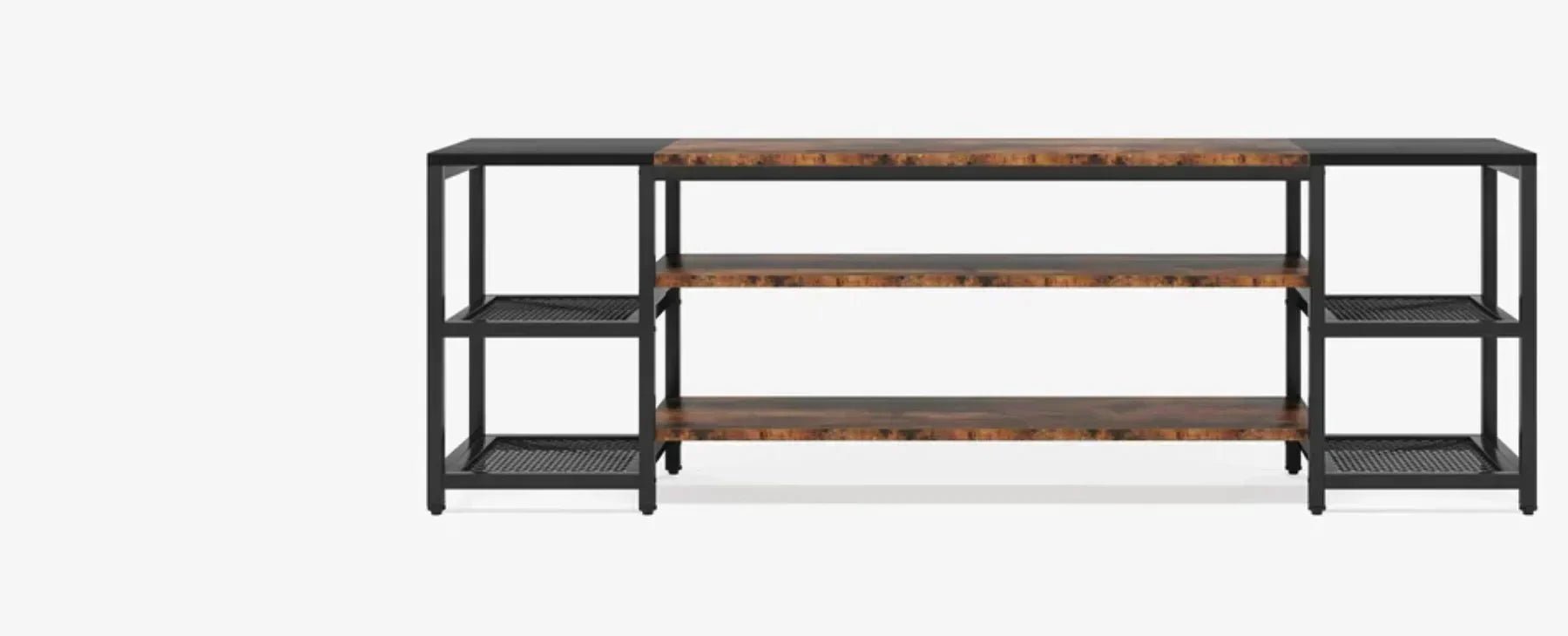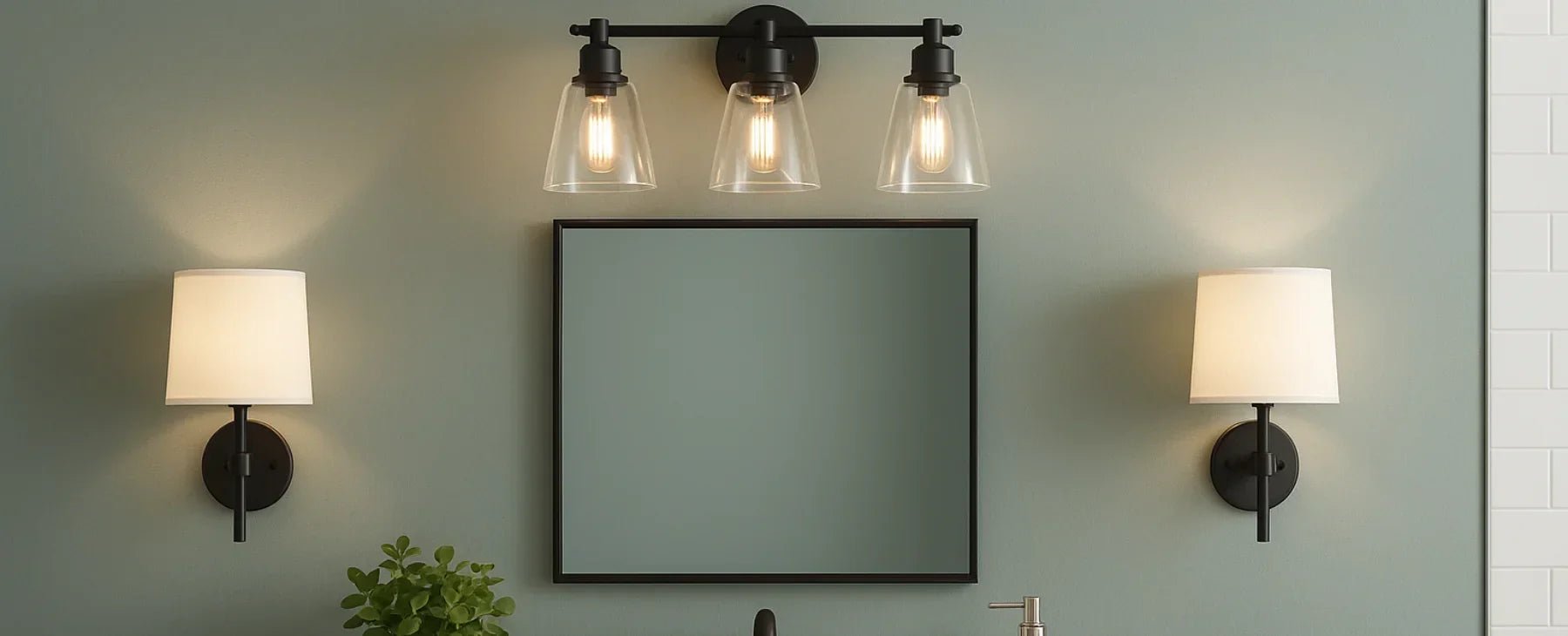We all need an entryway shoe storage cabinet to keep our shoes organized and protected, or even to add a touch of style to our decor. And the right material can significantly impact the durability, appearance, and overall functionality of a shoe rack. This guide will explore the key factors to consider and the most popular materials for a shoe rack entryway, helping you make an informed choice.
Table of Contents
Key Factors to Consider Wood Metal Plastic Bamboo Fabric Maintenance Tips by Material ConclusionKey Factors to Consider
Durability
The ability of a material to withstand daily use without bending, deforming, or breaking is critical. Wood and metal are known for their sturdy construction, while plastic and fabric are lighter and less durable.
Aesthetics
The material you choose should complement your home decor. Wooden shoe racks give a warm and classic feel, while metal and glass give a sleek and modern feel. Bamboo gives a natural and eco-friendly feel.
Maintenance
Consider how easy the material is to clean and maintain. Wooden shoe racks may need occasional polishing to prevent scratches, while metal shoe racks need to be wiped to prevent rust. Plastic and fabric shoe racks are low-maintenance but may require more frequent cleaning.

Cost
Budget is an important factor when choosing a material for a shoe rack. Metal and hardwood are generally more expensive, but offer better durability. Plastic and fabric racks are cost-effective but may have a shorter lifespan.
Environmental impact
If sustainability is a priority for you, look for materials like bamboo or recycled wood. Plastic racks are less environmentally friendly, but are often recyclable.
Weight capacity
Heavy materials like metal and hardwood can handle more weight and are great for storing heavy boots and multiple pairs of shoes. Fabric and plastic racks are better for storing lightweight shoes or for temporary storage.
Wood
Wooden shoe racks are a classic choice that brings warmth and sophistication to any space. They’re available in various types like oak, engineered, pine, and teak, each with its unique grain and finish. Wooden racks are sturdy and can handle heavy shoes, making them a great long-term investment. However, they can be bulky and susceptible to moisture damage if not properly treated.
Pros: Durable, stylish, versatile design options.
Cons: Heavy, can warp with moisture, often more expensive.

Metal
If you’re aiming for a modern, industrial vibe, metal shoe racks are the way to go. They’re incredibly strong, capable of holding multiple pairs of shoes without bending or sagging. Plus, they’re resistant to pests and easy to clean. However, metal can rust over time, especially in humid areas, and may require periodic maintenance to keep its sleek appearance.
Pros: Durable, sleek look, high weight capacity.
Cons: Can rust, heavier, prone to scratches.
Plastic
Plastic shoe racks are lightweight, budget-friendly, and easy to assemble. They’re perfect for temporary storage or for use in kids' rooms. While they’re resistant to moisture, they’re not the most durable and may crack or bend under heavy loads.
Pros: Affordable, moisture-resistant, lightweight.
Cons: Less sturdy, limited design options, can look cheap.
Bamboo
For those seeking a sustainable option, bamboo is a fantastic choice. It’s lightweight, moisture-resistant, and has a natural, minimalist aesthetic. Bamboo shoe racks are easy to maintain and typically more affordable than hardwood. However, they may not hold as much weight as metal or solid wood racks.
Pros: Eco-friendly, lightweight, natural look.
Cons: Less durable than hardwood, limited weight capacity.
Fabric
Fabric shoe racks are ideal for dorm rooms, closets, or temporary storage. They’re foldable, portable, and usually come with multiple tiers. While they’re inexpensive and easy to move, they lack the durability of more rigid materials and can sag over time.
Pros: Portable, affordable, easy to store.
Cons: Less sturdy, prone to sagging, not ideal for heavy shoes.
Maintenance Tips by Material
Keeping your shoe rack in good condition not only extends its lifespan but also ensures it continues to look great in your space. Here are some practical maintenance tips for each material:

Wood:
- Dust regularly with a soft, dry cloth to prevent dirt buildup.
- Apply a wood polish or conditioner every few months to maintain its shine and prevent cracking.
- Keep away from direct sunlight to avoid fading.
- Use coasters or mats to protect the wood from moisture damage.
Metal:
- Wipe down with a damp cloth to remove dust and prevent rust.
- Apply a thin coat of rust-resistant spray if the rack is placed in a humid area.
- Inspect for rust spots regularly; sand lightly and repaint to prevent further corrosion.
Plastic:
- Clean with mild soap and water using a non-abrasive cloth.
- Avoid placing heavy items to prevent warping or cracking.
- Keep away from extreme heat to prevent deformation.
Bamboo:
- Dust with a dry cloth and use a damp cloth for deeper cleaning.
- Apply a bamboo oil or wax occasionally to keep it looking polished.
- Keep in a well-ventilated area to prevent mold growth.
Fabric:
- Remove fabric sections and hand wash or machine wash based on care instructions.
- Spot clean stains immediately to prevent permanent marks.
- Ensure fabric is completely dry before reassembling to prevent mold or mildew.
Read more:
Top 6 Shoe Storage Ideas for Maximizing Space
Which Are the Best Shoe Racks / Cabinets?
Conclusion
Ready to find the perfect shoe rack for your home? Browse our selection of high-quality shoe racks for entryway and hallway, available in wood, metal, MDF, and more. Explore affordable styles that seamlessly blend with your home decor while maximizing storage and organization. Start organizing your shoes stylishly and functionally today!



